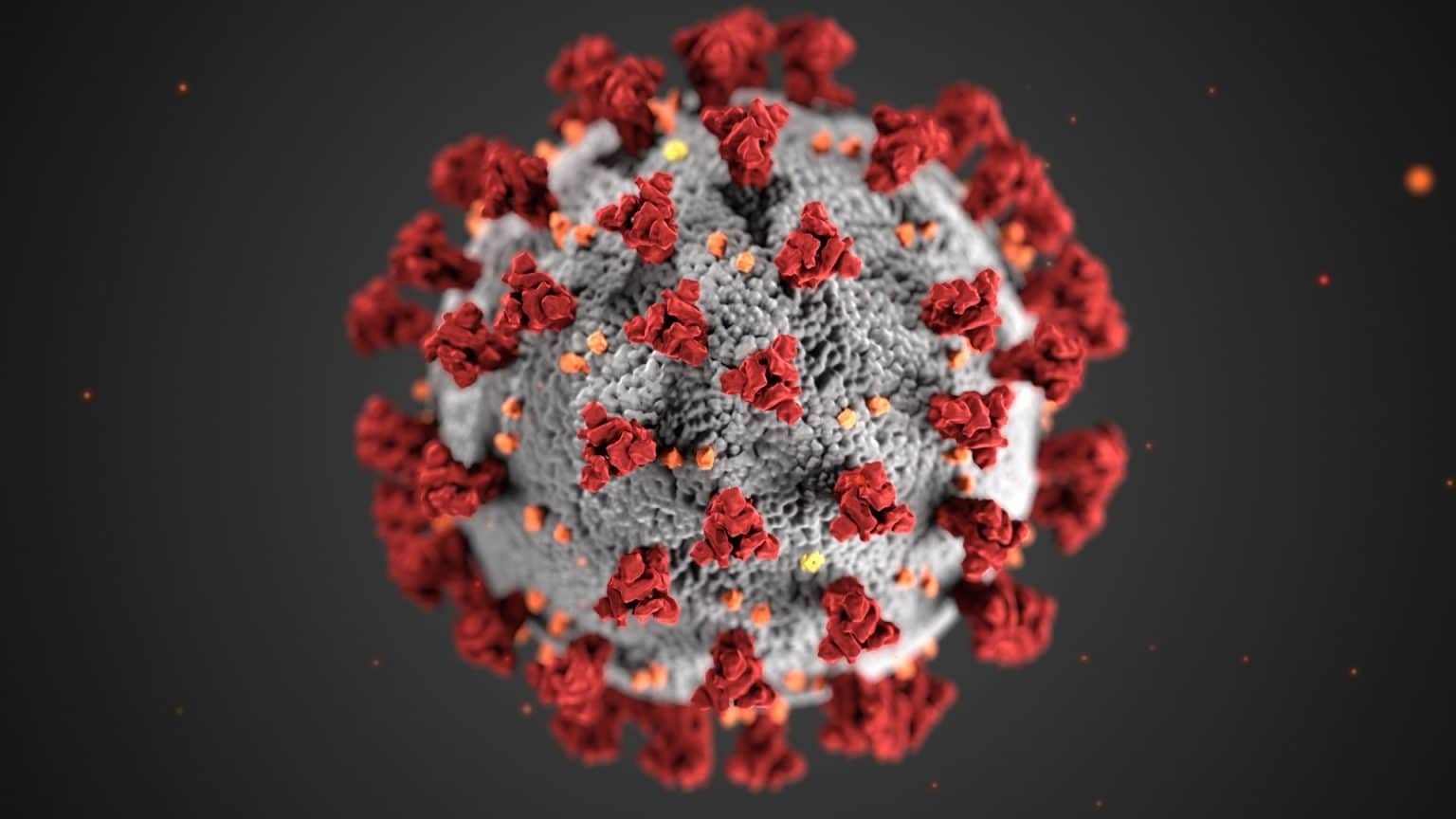Omicron infections can generate durable mucosal antibodies, reducing the risk of re-infection
As part of the COMMUNITY study, funded by the National SciLifeLab-KAW COVID-19 Research Program, researchers from Karolinska Institutet and Danderyd Hospital conducted a follow-up study on previous research covering mucosal IgA antibodies after an Omicron infection.
They found that the protection from high levels of mucosal IgA antibodies lasts up to at least eight months and that an Omicron infection will generate durable mucosal antibodies, reducing the risk of re-infection by up to 90 percent.
The study participants showed more than a 40-fold increase in antibodies, regardless of the infection severity. The ongoing follow-up study revealed the durability of these antibodies as most of the infected participants maintained protection from re-infection seven months later. The infection protection also covered other variants of Omicron, BA.1 and BA.2 patients had a 90% lower risk of getting infected by BA.5
“Antibodies in the blood protect from severe disease, but if we aim to limit infection, viral transmission and the emergence of new SARS-CoV-2 variants, we need to reinforce our immunity at the mucosal surface, which is the viral point of entry”, says Charlotte Thålin, M.D. and associate professor at the Department of Clinical Sciences, Danderyd Hospital, Karolinska Institutet who led the study. “This is not achieved by currently employed intramuscularly-delivered vaccines. But the hope is that a nasal vaccine may generate mucosal immune responses similar to those seen after infection, and thereby block the transmission chain”, she says.
Besides investigating first-time Omicron infections, they have also looked at the impact of repeated infections and found that if you have already had SARS-CoV-2, you have a more robust mucosal immune response to Omicron breakthrough infection.
“The results show us that it is possible to recall protective and durable mucosal IgA antibody responses in the airways, and that these responses increase with the number of infections. Although these findings are not surprising, they are important for the development of nasal vaccines”, says Ulrika Marking, M.D., a Ph.D. student at Karolinska Institutet and first author of the paper.
The COMMUNITY study enrolled 2,149 healthcare workers in the spring of 2020 at Danderyd Hospital, Sweden, and continues with regular samplings from blood and mucosa, monitoring immune responses after repeated SARS-CoV-2 infections and vaccinations. The study is being conducted in close collaboration between Danderyd Hospital, Karolinska Institutet, Uppsala University, the Public Health Agency of Sweden, KTH Royal Institute of Technology, and SciLifeLab.
The Jonas and Christina af Jochnick Foundation, the Public Health Agency of Sweden, Region Stockholm, the Knut and Alice Wallenberg Foundation, Leif Lundblad and family, the Swedish Research Council, the Swedish Heart-Lung Foundation, the Bill and Melinda Gates Foundation, Karolinska Institutet and SciLifeLab have funded the research.
DOI: 10.1056/NEJMc2209651





